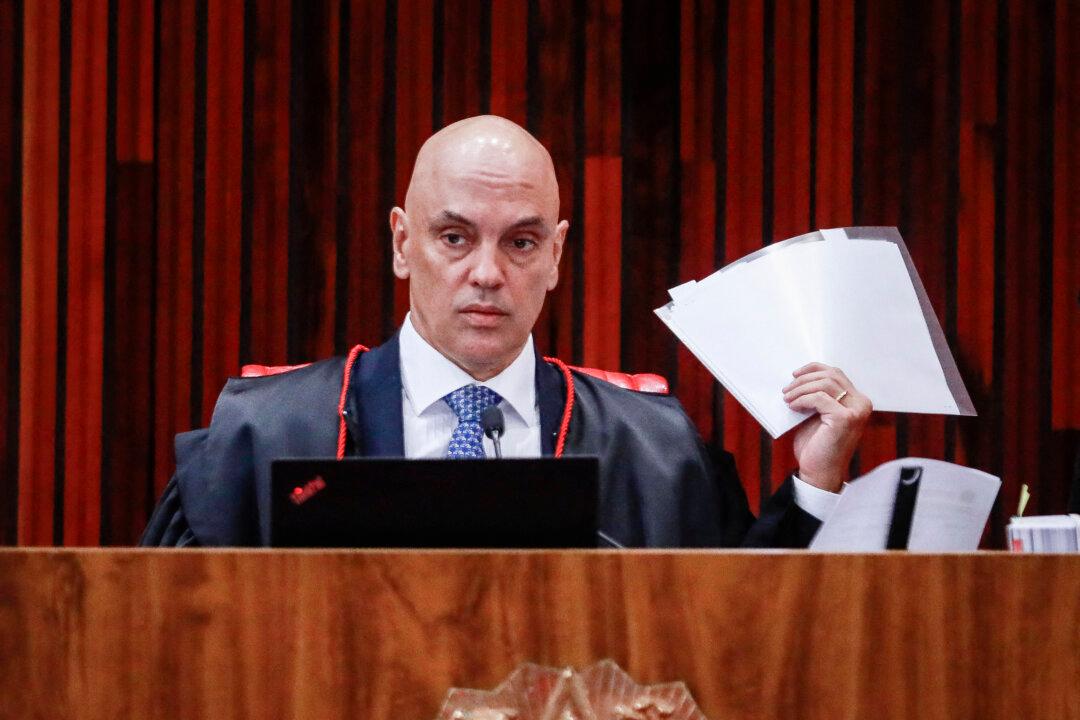Commentary
For some time now, close observers of international affairs have heard rumblings about violations of human rights and freedom of expression in Brazil—the second-largest democracy in the Western Hemisphere, behind only the United States.

For some time now, close observers of international affairs have heard rumblings about violations of human rights and freedom of expression in Brazil—the second-largest democracy in the Western Hemisphere, behind only the United States.